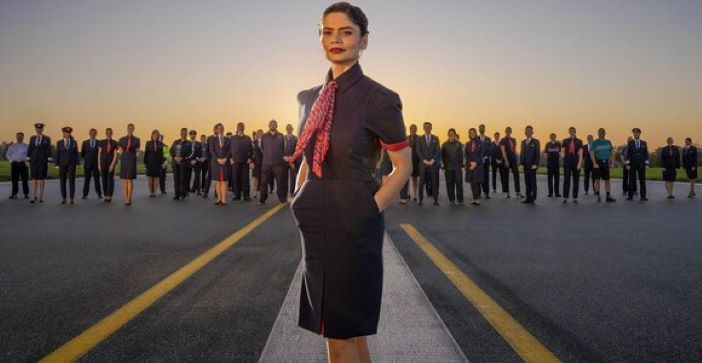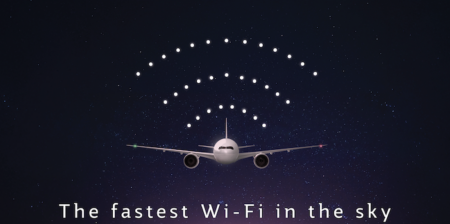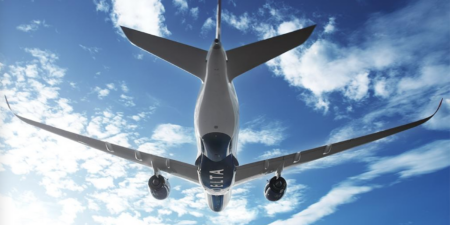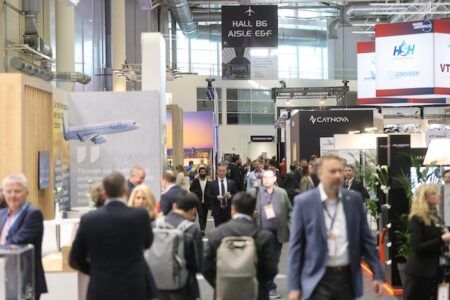Female flight attendants are still pressurised to ‘look the part’, according to new research led by the University of Surrey in the UK.
Despite attempts by the airline industry to cultivate more diverse working environments, researchers from the university have found that gendered practices and pressures still persist – with female cabin crew encountering precise expectations on appearance that are not extended to their male counterparts.
As Whitney Smith, lead author of the study from the University of Surrey, says: “Airline organisations, in part, maintain the feminised cabin by setting strict appearance standards that workers embody. Focusing on aesthetic labour, our findings indicate that female flight attendants actively maintain their ‘slim’ bodies according to organisational rules by routinely engaging in body treatment.”
Researchers conducted interviews with currently and recently employed flight attendants from three airlines – Virgin Atlantic, Qantas and Emirates – to examine how they attempt to construct the ideal aesthetic for flight attendants.
The research team found that airline companies take an active role in regulating and shaping female flight attendants’ appearances. Flight attendants are informed of grooming and physical appearance standards through detailed manuals, such as ‘look books’, which dictate every aspect of their physical appearance: for example, uniform, application of makeup and appropriate hairstyles.
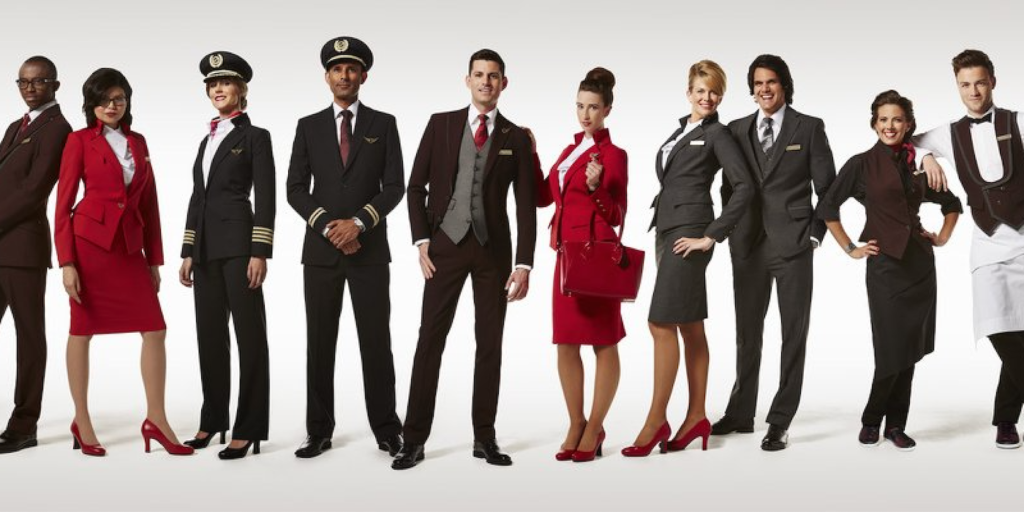
These gendered criteria are also enforced through a combination of self-policing and peer pressure, which often results in colleagues naming and shaming people they feel do not keep up with appearance standards.
The findings also demonstrated that, while flight attendants occasionally employ subtle forms of resistance, they primarily adhere to traditional gender norms.
Scott Cohen, professor of tourism and transport and co-author of the study from the University of Surrey, said: “Our research clearly shows that airlines often demand additional aesthetic performances – a certain look – from women. These expectations are not extended to male employees.
“We would have hoped that companies would provide more diverse environments in this day and age, but it’s obvious there is still a long way to go.”
In an attempt to adapt to broader societal developments, British Airways recently released a statement saying they would allow male flight attendants to wear ‘natural’ makeup, nail polish, accessories and ‘man buns’, as part of its new uniform policy. In 2019, Virgin Atlantic also made significant changes regarding gendered grooming standards by removing its long-standing makeup requirement, as well as offering trousers as an additional component of the female flight attendant uniform.
The study has been published in ScienceDirect.


